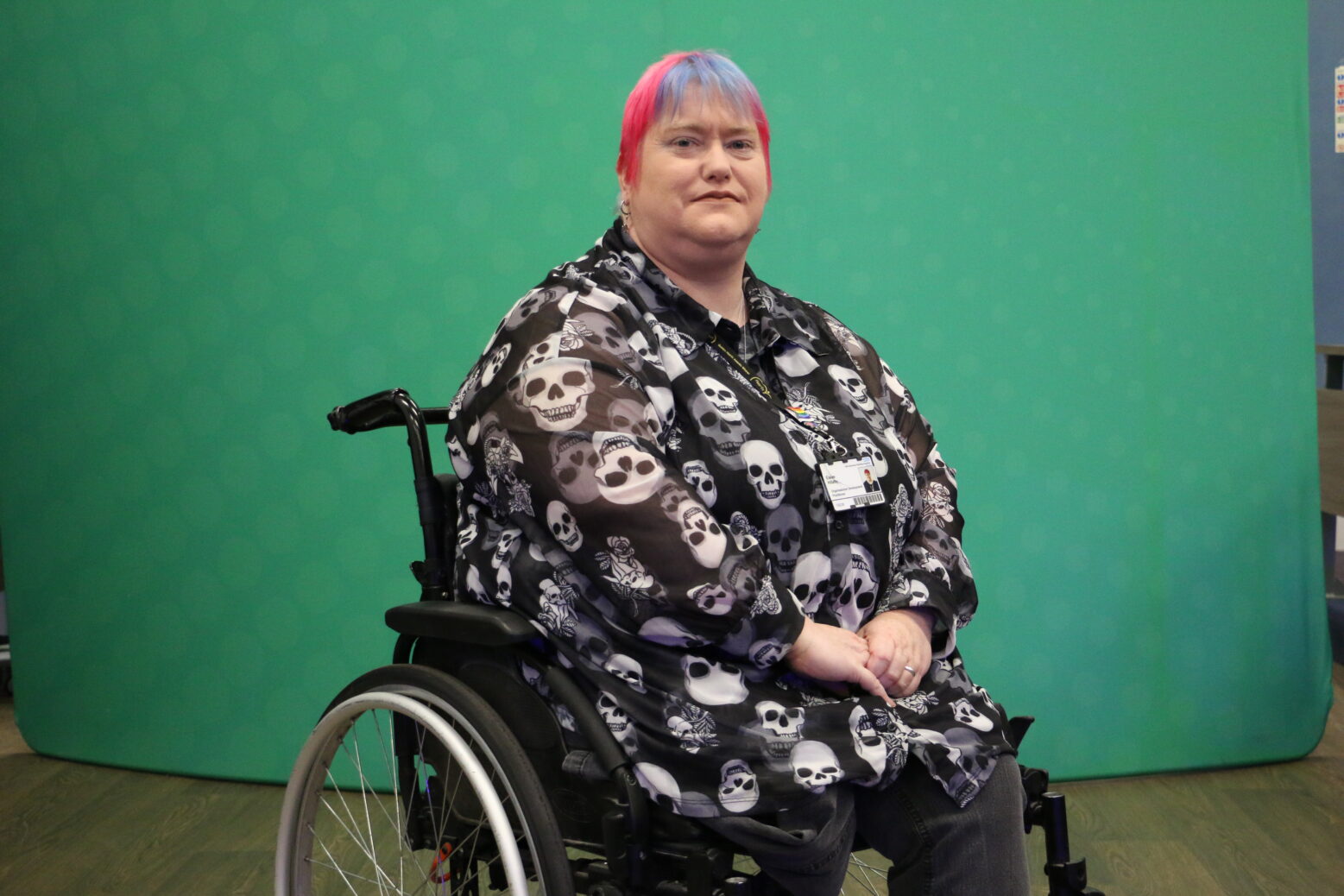It’s a form of discrimination that often goes under the radar; the use of stereotypes about a person, lack of suitable facilities or provision, or judgements made about a person based on their physical appearance or perceived abilities to do a job.
Ableism comes in many forms, affecting people with both overt and hidden disabilities across our region on a daily basis. Despite at least 1 in every 28 Hull University Teaching Hospitals employees saying they have some form of disability, sadly ableism is experienced as much in our hospitals as anywhere else; somewhere where people with disabilities should arguably feel most supported. But that’s all set to change.
In an ongoing effort to build a more inclusive and understanding workforce, Hull University Teaching Hospitals NHS Trust (HUTH) has launched its Zero Tolerance to Ableism Framework.
The framework reinforces the Trust’s commitment to creating an environment where staff members, irrespective of any disability or impairment they may have, can expect to be treated with dignity and respect by their patients, visitors and colleagues they work with.
Like our Zero Tolerance to Racism Framework, the Zero Tolerance to Ableism Framework reflects the Trust’s dedication to eradicating this form of discrimination and ensuring every staff member feels valued and supported.
Elaine Hillaby, Organisational Development Practitioner and Chair of the Trust’s Disability Staff Network said:
“At HUTH we want to create a safe and accessible work environment for everyone irrespective of their circumstance. We firmly believe that no one should face discrimination or barriers to their work based on other people’s actions or perceptions. This framework is a significant step towards building a system that serves all members of our community, regardless of their individual circumstances.”
A key feature of the Zero Tolerance to Ableism Framework is the Reporting Tool. This tool, easy to access via QR code empowers individuals to report instances of ableism, discrimination or accessibility concerns.
A dedicated team known as the “Circle Group” will meet to look at reports, work with those reporting, and take action to support affected individuals. In addition, the “Circle Group” will monitor reports for trends helping the Trust to improve its accessibility culture. The aim is to eliminate the day-to-day incidents of discrimination experienced by members of staff.
By providing a streamlined mechanism for reporting such incidents, the Trust aims to ensure accountability, continuous improvement and cultivate trust.
Elaine adds:
“It’s not just a reporting tool, it’s a promise to staff members that their concerns will be addressed, and their experiences will drive the change we need to create truly inclusive workplace where everyone feels respected and valued.
“Our message is very clear, and that is that ableism or discrimination against anyone with any form or disability, overt or hidden, will not be tolerated.”
While the framework is primarily for staff members, patients are also welcome to use it to ensure their voices are heard.
The Trust firmly believes that every staff member, irrespective of their abilities, should arrive at work prepared to deliver excellent services to our patients. They should not encounter obstacles stemming from insufficient access or micro-aggressions from colleagues or patients.
Read the framework: Zero Tolerance to Ableism Framework – Accessible

